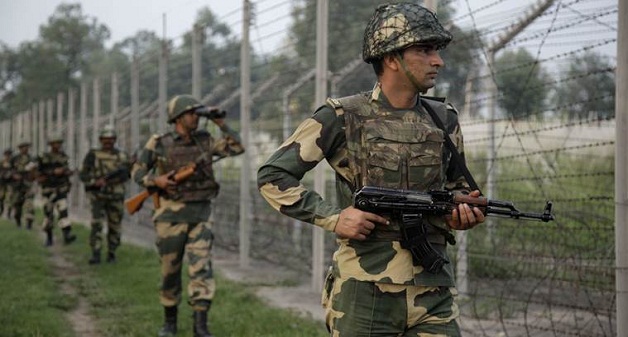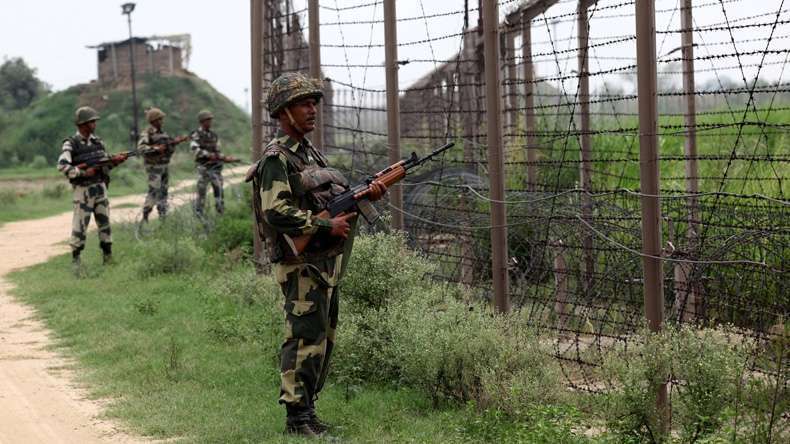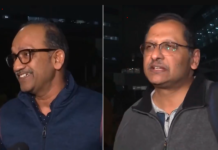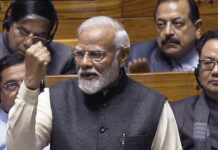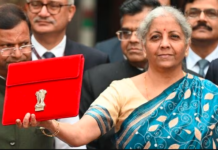What is India’s Strategy for Combating this Transgression?
The recent Rajouri attack that killed Indian Sepoy Sudhees Kumar in J&K, inflicted a fresh wound on India’s bosom this Sunday. In the aftermath of 25 ceasefire violations by Pakistani troops following India’s surgical strikes last month, Indians demand retribution for Pak’s contravention. The current government faces frenzied opinions, particularly by opposition leaders, who taunted PM by reminding him of his tough clamours against Pakistan earlier. Though Indian military troops are up to snuff when it comes to answering our neighbour’s provocations, but there’s much more at stake. Will India declare a war against Pakistan? We need to weigh the options.
How Pakistan Played Dirty in Last 15 Days
Ministry of Defence confirmed several incursions along LoC in last 2 week, the latest being Pakistan’s attack on Rajouri district:
- September 30: Small arm firing in Chaprial and Samnam areas of Akhnoor tehsil of Jammu.
- October 1: Pakistani troops launched attacks on civilian areas and army posts using mortar bombs in Pallanwala, Jammu.
- October 2: Pakistan’s second assault in forward regions of Pallanwala.
- October 3: Pakistan resorted to mortar shelling and heavy firing 4 times, in Mandi, KG sectors, Shahpur–Kerni and Saujian in Poonch
- October 4: The neighbours targeted India’s ten forward regions amid 5 ceasefire violations in Jhangar, Makri and Kalsian in Noushera sector, Platan, Gigriyal, Channi, Palanwala and Damanu in Jammu district and Krishnagati, Balnoi in Poonch
- October 5: Pakistan military violated ceasefire thrice in three other sectors of Rajouri and Poonch.
- October 8: Pakistani troops assaulted Mendhar-Krishnagati region in Poonch, injuring an Indian soldier in the process.
- October 16: Following a week-long hiatus, on 16th October, Pakistani troops initiated unprovoked firing along the LoC in Rajouri district (J&K) using small armaments on forward posts. The Indian Army retaliated appropriately to ceasefire violation on Sunday, losing Sepoy Sudhees Kumar (24 years) in the process.
In these attacks, four army men and five civilians from India sustained injuries whereas nine Pakistani soldiers were injured in India’s retaliatory action along the LoC. But this is not all!
Pakistan has been Stroking Fire in Kashmir Valley, Since the Death of Burhan Wani
There have been repeated cases of terrorist infiltration and attacks in J&K in last 15 days, but it all traces back to Kashmiri militant Burhan Wani’s death in July. Since Indian security forces have attacked and killed this militant, there have been around 19 terrorist attacks, which were thwarted on time. This incident combined with Uri attacks and recent ceasefire violations have resulted in 80 civilian deaths. Also, the curfew imposed after Wani’s death still persists in the valley.
What is Pakistan’s Reasons Behind these Attacks?
- Raheel Sharif, the Pakistani army Chief is due to retire in November. He’s looking for possibilities of extension in the light of impending war.
- When Indian PM included Gilgit-Baltistan and Balochistan in his Independence Day address in an attempt to raise the ante, Pakistan hit back with their cowardly infiltration attempts.
- Pakistani PM Nawaz Shareef bears the guilt of Panama Papers exposure. Since he’s being forced by other leaders to quit, he desperately seeks a diversion to restore his deteriorating credibility. Raising Kashmir issue is his strategic way out from the mess.
Why India Should Avoid War with Pakistan?
Dismembering Pakistan by launching direct attack is likely to commence nuclear conflict. Though India may emerge as a winner in nuclear war, it will put a dent in our economy. It will also result in demolishment of major cities, large civilian casualties, military annihilation and loss of substantial territories. Also, in the light of China’s self-interest in Pakistan, which is driven by its enormous capital investment in Pakistani market is likely to affect Indo-China relations.
India is likely to use munitions like BrahMos cruise missile to hit terror pads in Pakistan homeland, but it will cause massive collateral damage in civilian areas, which may provoke terrorist attacks in Kashmir and major Indian cities as well as rapid military escalations by Pakistan.
What Should India Do to Out beat Pakistan?
According to war experts like Lt General Syed Ata Hasnain, India’s response towards Pakistan should be both ‘military and diplomatic’, but the government needs to weigh its options carefully.
- Economic reformation is the best way to counter Pakistan. India should focus on running ahead of Pakistan by attracting foreign investments. We can also try to squeeze them economically by halting land and trade, as executed previously, after the Parliament attacks of 2001. This is likely to work against Pakistan.
- We can mount significant diplomatic pressure to isolate Pakistan at global level, as evident from the fact that neighbouring countries have boycotted SAARC 2016 to be held in Pakistan, after India withdrew its presence from the summit.When India approached major powers like US, UK, Japan, Russia, Germany and France, they came strongly against Pakistan for their Uri attack. Despite Pakistan PM requesting UN to ponder over Kashmir situation, neither Security Council nor Secretary General Ban Ki-Moon took this request up.
India could use the present scenario to approach international communities to knock some sense into Pakistan.
- Another effective way of taming Pakistan is to strengthen the existing homeland security structure. Considering incidents like Pathankot, India’s border security is a questionable issue. We’re vulnerable to terrorist infiltration therefore, border defense units as well as surveillance and intelligence systems needs to beefed up. This can demolish Pakistan’s game plan. Government has already taken a solid step in this direction by involving Iran in our game plan.
- Lastly we need to ensure peace and stability in Kashmir valley by strengthening the military system. Planned surgical attacks on Pakistan, at appropriate time and place will send a stronger message across the border.
While Pakistani infiltration and ceasefire violations shouldn’t go unpunished, India needs to reflect on its strategies. We need to come up with a robust plan to prevent economic blocks and loss of lives in future.


